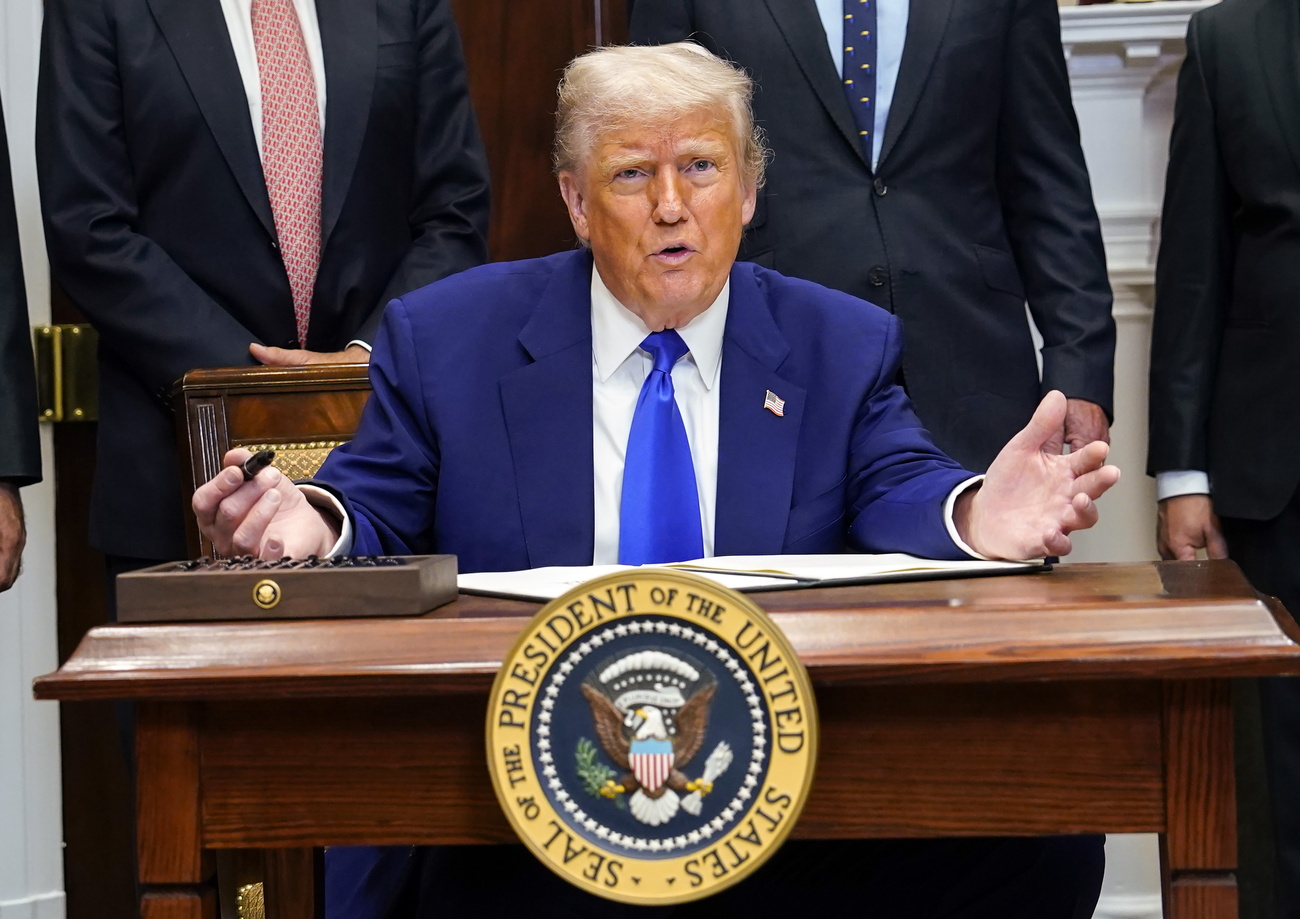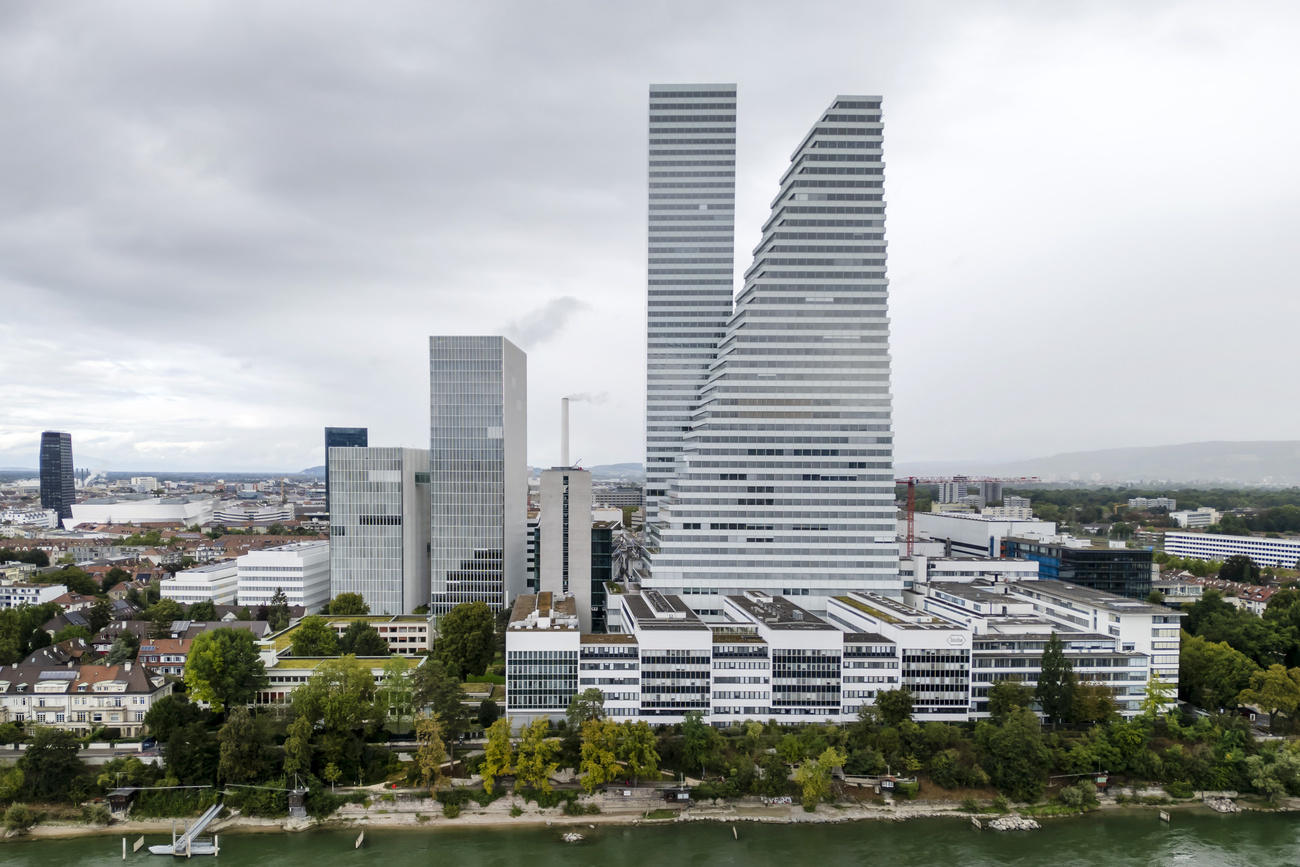
WTO meeting fails to break trade impasse

Swiss Economics Minister Joseph Deiss has called the lack of progress during trade talks at the World Trade Organization (WTO) in Geneva "frustrating."
Ministers at the meeting failed to broker a deal on farm and industrial goods, possibly delaying a new global trade treaty that could lift millions of people out of poverty.
Discussions stalled late on Friday at the end of the first of an originally scheduled three days of negotiations between ministers from 60 states. Plans had been to settle the core issues that are blocking progress on five-year-old talks known as the Doha round.
Despite warnings by the head of the WTO, Pascal Lamy, that the future of the round hung by a thread, top trading powers were unable to agree on how far rich nations should slash farm subsidies and tariffs and developing countries open their manufacturing markets.
Deiss said on Saturday he personally regretted the lack of progress.
“We were prepared to move forward, but the failure of the major players to close the gap between them prevented any movement,” he added. “I regret there was no way of entering real negotiations.”
Loggerheads
Developing countries said they would not let rich nations negotiate away the primary purpose of the Doha round – to give economic opportunities to millions living in poverty.
“We are not here to bend backwards to accommodate more market access for industrialised nations. We are not going to allow ourselves to be blamed for any failure,” said Zambian Trade Minister Dipak Patel.
The talks pit the European Union and the United States against each other and against leading developing nations.
Deiss said any progress was dependent on the US, the EU and the G20 group of industrialised and emerging nations finding common ground.
Switzerland has been defending its own agricultural policies while pushing for liberalisation of services and lower tariffs for industry. Swiss farmers are among the world’s most subsidised.
The US is resisting pressure to give ground on farm subsidies, which developing countries say prevent them competing on world markets. Talk by the EU that it could be more flexible on farm import tariffs was not enough for a deal.
Developing countries said concessions by the rich WTO states on farm trade are a condition for them to cut industrial tariffs, the other half of a hoped-for bargain in Geneva. But rich state demands on manufacturing were excessive.
The G10 group of agricultural importers, headed by Switzerland, has said it is prepared to accept the EU’s position on market access. Deiss added though that the group would give some specific products “extreme importance and would not accept a maximum level for import duties.”
The economics minister, who retires on July 31, said he still hoped to return to Geneva to witness some real progress before the end of the month.
Deiss did manage however to sign a free-trade agreement between the European Free Trade Association and the Southern African Customs Union while at the meeting.
Deadline
Without a deal this weekend, Lamy had warned the WTO could run out of time to finish the Doha round, which also includes complex issues such as services, by the end of the year which is the absolute cut-off.
Calling the meeting neither a “success nor a disaster”, European Union trade chief Peter Mandelson said a breakthrough must now come before the end of July.
Heads of government of the so-called G6 – Australia, Brazil, India, Japan, the EU and the United States – which has been taking the lead in negotiations, could soon meet, possibly at the G8 summit later this month in St Petersburg, Russia.
Launched in 2001 with the avowed aim of boosting the global economy and tackling poverty, the round has already missed a series of deadlines. Without a full trade treaty by the end of 2006, the round faces collapse or hibernation for years, diplomats say.
swissinfo with agencies
Switzerland has been defending its agricultural policies, but the WTO has asked the Swiss to cut farming subsidies and import tariffs on agricultural products.
Switzerland presides over the G10, a group of nine countries that are leading net importers of agricultural products. The members include South Korea, Japan, Norway, Iceland, Israel and Taiwan.
The G20 is a group of developing countries, including South Africa, Brazil, China, India and Kenya.

In compliance with the JTI standards
More: SWI swissinfo.ch certified by the Journalism Trust Initiative




























You can find an overview of ongoing debates with our journalists here . Please join us!
If you want to start a conversation about a topic raised in this article or want to report factual errors, email us at english@swissinfo.ch.